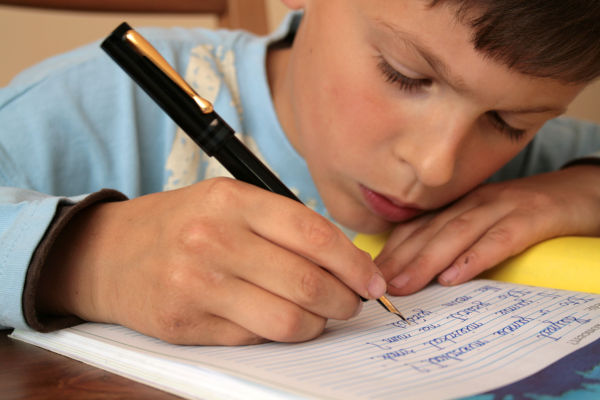Now that we’re around half way through the autumn term, many schools start to hold their first parents’ evenings. Unlike the summer parents’ evening when you are likely to be given an overall assessment of your child’s performance, the autumn session is all about how your child is settling in with their new teacher, and possibly new school if they are in reception or have changed schools over the summer.
For us parents, it’s also an opportunity to finally find out what our children do all day, since the only response we ever get to our endless questions about school is “I don’t know” or “I can’t remember.” If you are attending a parent’s evening for the first time, here is a handy list of do’s and don’ts to remember.
Appointment Time

Do turn up a few minutes early to make sure you are not late for the teacher. They are giving up their free time to chat with you.
Don’t turn up 15-minutes late and then hammer on the classroom door demanding that the parent who is currently with the teacher leave the room on the basis that your child “is a special prodigy” and you “clearly have far more important issues to discuss”.
Workbooks

Do take a few minutes before the appointment to look at your child’s workbooks if the school has left them out for you to browse. It’s a great way of seeing your child’s progress.
Don’t try and sneak a look at the other children’s work in order to compare against your own. You will get caught, and all it will achieve is the realisation that your child isn’t gifted – he’s just average.
Preparation

Do have a couple of questions in mind about your child that you would like to ask, such as how they are settling in or if there is anything you could be working on at home.
Don’t bring your own PowerPoint presentation complete with handouts about your twenty point plan on how the teacher can improve your child’s overall school experience.
Starting the Meeting

Do greet the teacher politely.
Don’t comment on the fact that the teacher is probably young enough to also be your child. Definitely don’t try and flirt with the teacher, especially when your partner is also present.
Discussion

Do keep your questions and answers focused on your child throughout the discussion.
Don’t talk for five minutes about your own health problems and what you got up to over the summer holidays.
Supporting Your Child

Do take onboard any criticisms that your teacher may have, remembering that your child is likely to behave differently at school. Do ask how you can best support their learning and behaviour at home.
Don’t take your teacher’s description of your child as “boisterous and over-excitable” to mean that they are a fun child to have in the classroom.
Following Up

Do feel free to send a message to your child’s teacher thanking them for their time and effort. Do ask for a follow-up meeting if you feel that one was required.
Don’t arrange a sit-in protest in the school the next day in order to demand that you be given more time to discuss how wonderful your special child truly is.




